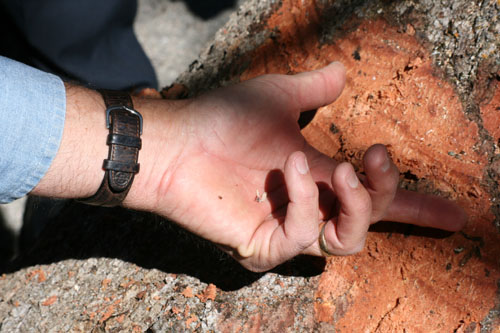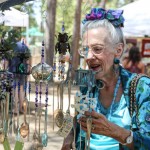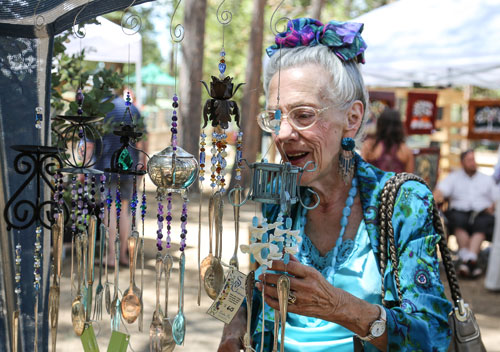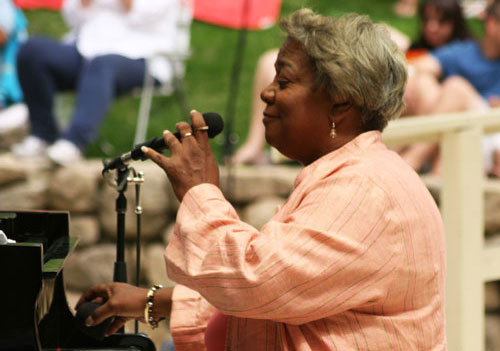
CAL FIRE Unit Forester Chief Gregg Bratcher delivered some good news — federal grant extensions — and some bad news — more Goldspotted oak borer infested oak trees — to the Mountain Emergency Services Committee on Thursday, March 14.
The good news is that a current CAL FIRE tree removal grant, which was originally authorized during the bark beetle crisis in the early part of the last decade, will pay 100 percent of the cost to private landowners for removal of Goldspotted oak borer infected black oaks. Hill landowners will not be required to pay 25 to 30 percent of tree removal costs, a cost sharing that was standard for the bark beetle Forest Care program.
“This will not be a cost share,” Bratcher said. “We already have a contractor set up.” The cost to remove a large oak, depending on proximity to a structure, could easily exceed $2,000, according to Bratcher, who believes landowners will welcome the news of eliminating any cost sharing.
The bad news, said Bratcher, is that two more infested trees have been discovered, raising the current known total to nine. The two recently identified infested oaks are on Marion View Drive across from the American Legion. This is the same location of a very large GSOB-infected oak that Southern California Edison crews removed on Thursday, March 14.

UCR Natural Resource Specialist Tom Scott, one of the lead GSOB scientists, estimated this oak had more than 500 live larvae. “It was heavily infested,” Scott said. Scott advised any landowner with oaks near the American Legion to start monitoring their trees carefully, inasmuch as wider oak infestation in that area is likely, given the high numbers of live larvae in the recently removed oak.
“Right now, there are three ‘micro areas’ of GSOB infestation that have been identified in Idyllwild,” Bratcher said — Highway 243 from Mountaintop Liquor to the Bella Montagna Italian Restaurant, the area around Town Hall and the Marion View Drive area. Bratcher advised that when oaks began to leaf out in the spring, further oak borer infestation may be visible — from leaf die off, abnormalities in the leaves themselves and an unusual number of woodpeckers foraging in the trees for beetle larvae.
“Aerial photographs have identified about 6,000 Hill black oaks of the size that Goldspotted oak borer could attack in the wider Idyllwild area,” Scott said. A team of trained local oak borer spotting volunteers, comprised mainly of the Mountain Communities Fire Safe Council Woodies, will begin deploying for site visits in the three identified areas. They will then contact landowners if their oaks exhibit signs of infestation.
Bratcher advised landowners, “If you have questions, call the GSOB hotline.” That number is (951) 659-8328. He said that scientists, looking at sections of the infested local trees, believe Goldspotted oak borer has probably been in Idyllwild for two or three seasons. “It was brought in by firewood,” he said. “That is a 98 percent certainty.”













